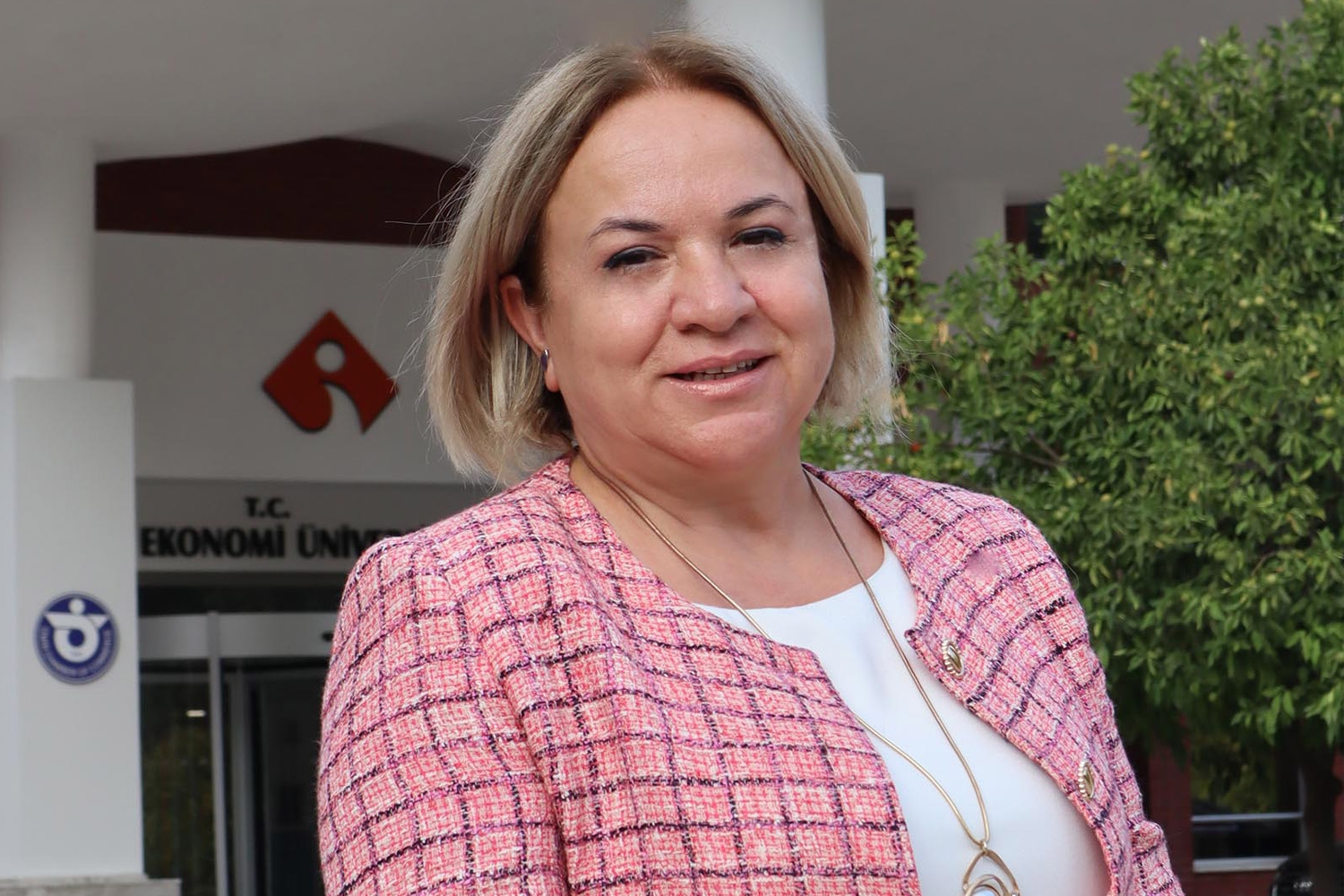
Active Participation of Paramedic Students in University Drill
Paramedic Program students actively supported the 3 December 2025 drill with process monitoring and realistic casualty simulations, contributing significantly to ...

Earthquake Safety Tips
In the video footage that emerged after the 6.6-magnitude earthquake in Izmir, it was seen that most citizens did not ...

Don't buy every mask you see on the street
Nursun Üstünkarlı, Lecturer at Paramedic Program, Izmir University of Economics (IUE), warned citizens that masks, which are vital in the ...




